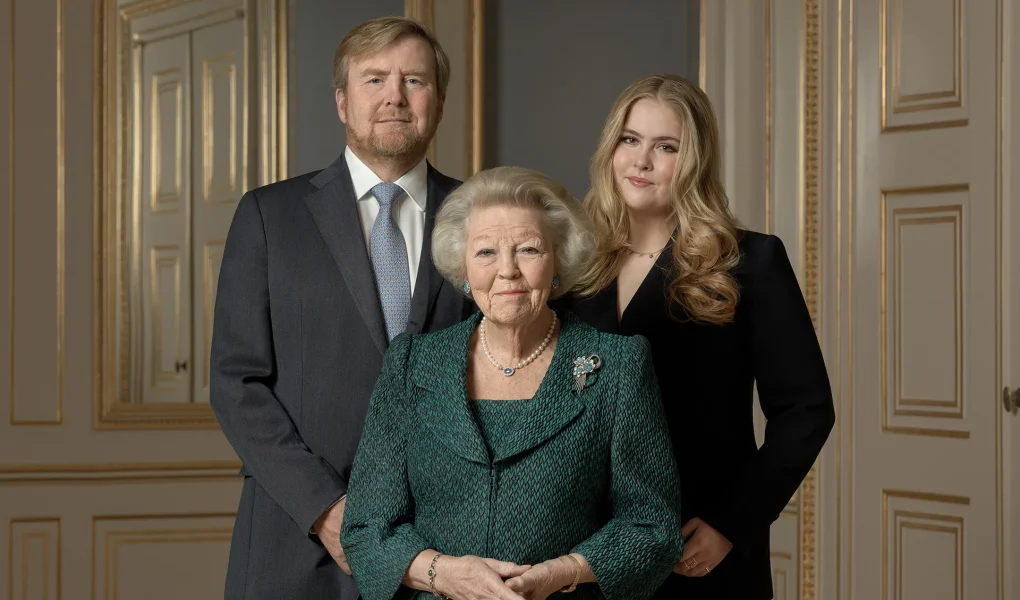lareddepathways.com – Queen Beatrix, born on January 31, 1938, ascended to the throne of the Netherlands on April 30, 1980, following the abdication of her mother, Queen Juliana. Her reign, which lasted until her own abdication on April 30, 2013, was marked by her dedication to public service, her commitment to modernizing the monarchy, and her significant contributions to both Dutch and international affairs.
Early Life and Preparation for the Throne
Beatrix Wilhelmina Armgard was born in Soestdijk Palace, the Netherlands, as the eldest daughter of Princess Juliana and Prince Bernhard of Lippe-Biesterfeld. From an early age, Beatrix was groomed for her future role as queen. She received a comprehensive education, studying law and political science, and spent time abroad to broaden her horizons. Her preparation was thorough, ensuring she was well-equipped to lead her country.
Ascension to the Throne and Early Reign
Queen Beatrix’s ascension to the throne was a momentous occasion, marking a new chapter in Dutch history. Her early reign was characterized by her efforts to connect with the Dutch people and to modernize the monarchy. She undertook numerous public engagements, visited schools, hospitals, and cultural institutions, and participated in national celebrations, making her a beloved figure among the Dutch people.
Leadership and Contributions
Queen Beatrix was known for her progressive views and her dedication to public service. She played a significant role in various philanthropic activities, supporting causes such as education, the arts, and environmental conservation. Her commitment to these issues highlighted the monarchy’s role in addressing societal challenges.
International Relations
Queen Beatrix played a vital role in the Netherlands’ international relations, representing her country on the global stage with dignity and grace. She undertook numerous state visits and hosted foreign dignitaries, strengthening the Netherlands’ ties with other nations and promoting Dutch interests abroad. Her leadership was particularly evident during her tenure as the Honorary President of the World Wildlife Fund International, where she advocated for environmental conservation and sustainability.
Cultural Patronage
An avid supporter of the arts and culture, Queen Beatrix was involved in various cultural initiatives. She was a patron of numerous cultural institutions, including the Royal Concertgebouw Orchestra and the Rijksmuseum in Amsterdam. Her support for the arts helped to preserve and promote Dutch cultural heritage.
Abdication and Legacy
On April 30, 2013, Queen Beatrix announced her abdication, passing the throne to her son, Willem-Alexander. Her decision was a reflection of her desire to ensure a smooth transition and to allow a new generation to lead the country. Queen Beatrix’s reign was characterized by her dedication to serving her country and her people. Her efforts to modernize the Dutch monarchy while preserving its traditions ensured its relevance in the 21st century.
Queen Beatrix’s legacy is a testament to her strength, wisdom, and commitment to her country. As the Netherlands celebrated the inauguration of King Willem-Alexander, they also honored the life and reign of Queen Beatrix, a beloved monarch who left an indelible mark on her nation. Her contributions to Dutch society, her philanthropic work, and her role in international relations have secured her place in history as one of the Netherlands’ most respected and admired leaders.

